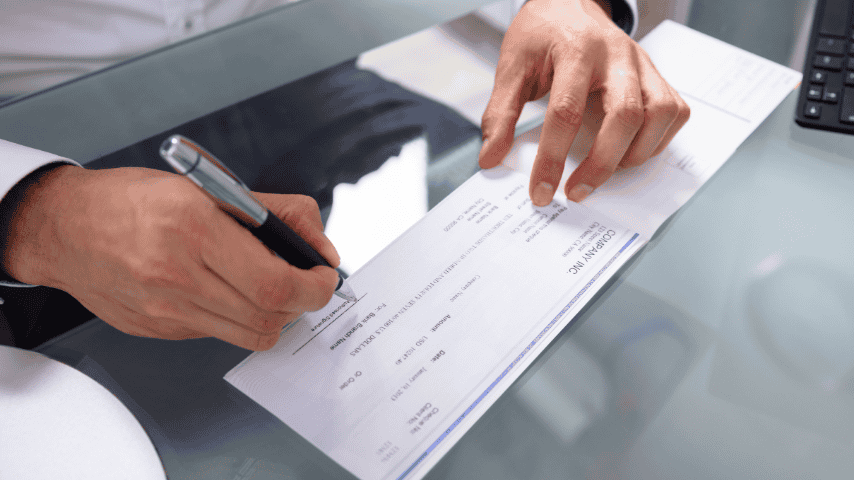Why Many Canadians Live Paycheque to Paycheque – Get Help from Andrea Orr
In today’s fast-paced world, many Canadians find themselves living paycheque to paycheque. This financial tightrope walk can be incredibly stressful, leaving little room for unexpected expenses or the ability to save for the future. Understanding why this situation is so common can be the first step toward finding a solution. Andrea Orr, a Licensed Insolvency Trustee, offers insights and assistance for those struggling to break free from this cycle.
Rising Cost of Living
One of the primary reasons many Canadians are living paycheque to paycheque is the rising cost of living. Housing, food, transportation, and healthcare costs have all seen significant increases over the past few years. When wages don’t keep pace with these rising expenses, it becomes challenging to manage finances effectively.
Debt Burden
Another significant factor is the high level of personal debt. Many Canadians carry substantial credit card balances, student loans, and mortgages. High-interest rates on credit cards and other loans can quickly spiral out of control, consuming a large portion of monthly income and making it difficult to save or invest.
Lack of Financial Literacy
A lack of financial literacy also plays a role. Many people are not taught the essentials of budgeting, saving, and investing. Without this knowledge, it’s easy to fall into poor financial habits. Andrea Orr, a Licensed Insolvency Trustee, emphasizes the importance of financial education in helping individuals take control of their finances.
Unexpected Expenses
Unexpected expenses, such as car repairs, medical bills, or job loss, can also derail financial stability. Without an emergency fund, many Canadians have to rely on credit cards or loans to cover these costs, leading to a cycle of debt that can be hard to escape.
Stagnant Wages
While the cost of living continues to rise, wages for many Canadians have remained relatively stagnant. This wage stagnation means that even those who are employed full-time can struggle to make ends meet, especially in high-cost urban areas.
Get Help from Andrea Orr
If you find yourself living paycheque to paycheque, you’re not alone, and there are solutions available. Andrea Orr, a Licensed Insolvency Trustee, can provide the guidance and support you need to regain control of your financial situation. With her expertise, you can explore options such as budgeting assistance, debt consolidation, and insolvency solutions tailored to your unique circumstances.
Steps to Take
- Assess Your Financial Situation: Take an honest look at your income, expenses, and debts. This will help you understand where your money is going and identify areas where you can cut back.
- Create a Budget: Establish a realistic budget that prioritizes essential expenses and debt repayment while allowing for some savings. Stick to this budget to avoid unnecessary spending.
- Seek Professional Help: Consulting with Andrea Orr, a Licensed Insolvency Trustee, can provide you with personalized advice and solutions. Whether it’s creating a debt repayment plan or exploring insolvency options, professional guidance can make a significant difference.
- Increase Financial Literacy: Educate yourself about personal finance. There are many resources available, including books, online courses, and workshops that can help you improve your financial knowledge and skills.
- Build an Emergency Fund: Start saving a small amount each month to build an emergency fund. This fund can provide a financial cushion for unexpected expenses, reducing your reliance on credit.
Living paycheque to paycheque can feel overwhelming, but with the right support and strategies, you can achieve financial stability. Andrea Orr, a Licensed Insolvency Trustee, is here to help you navigate these challenges and work towards a brighter financial future. Don’t hesitate to reach out and take the first step towards financial freedom today.









Leave A Comment
You must be logged in to post a comment.